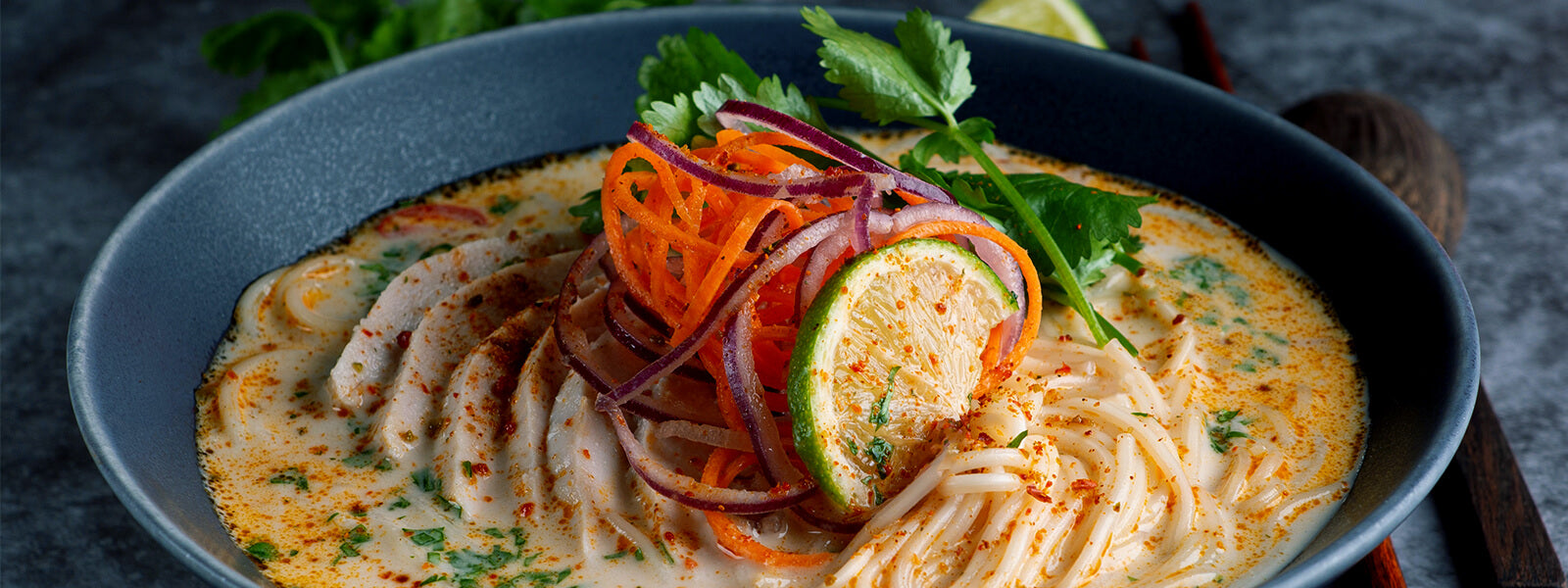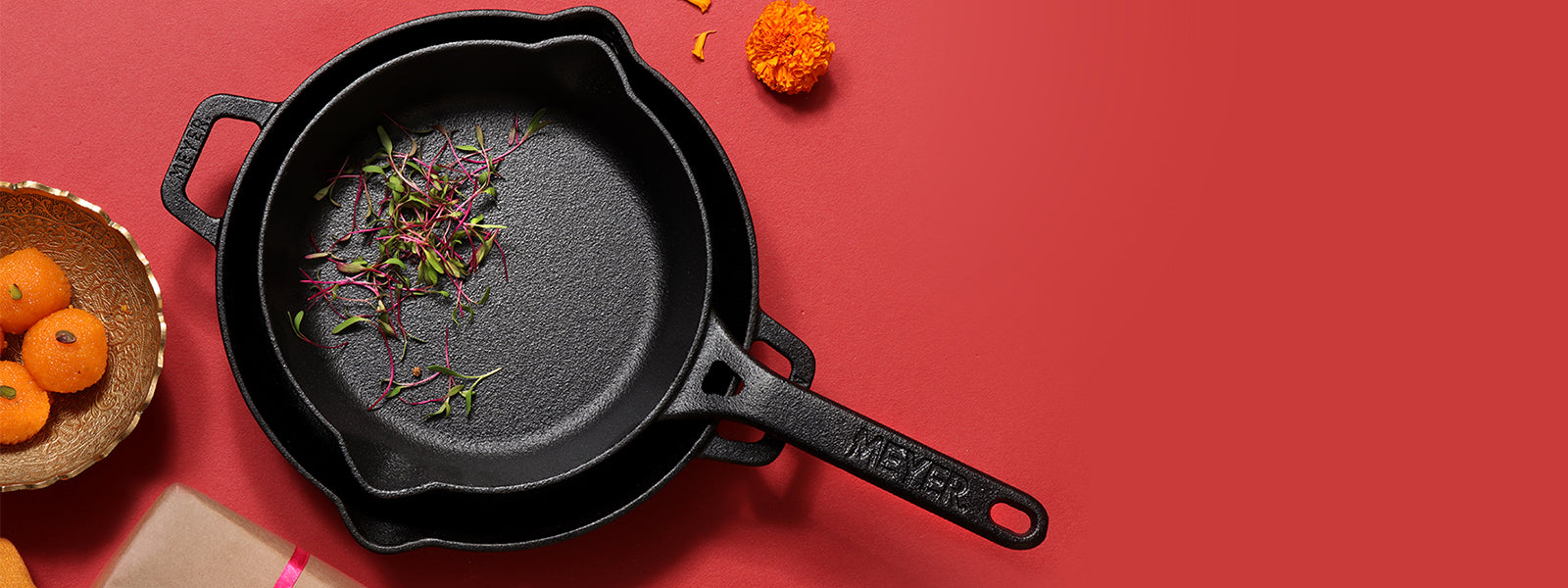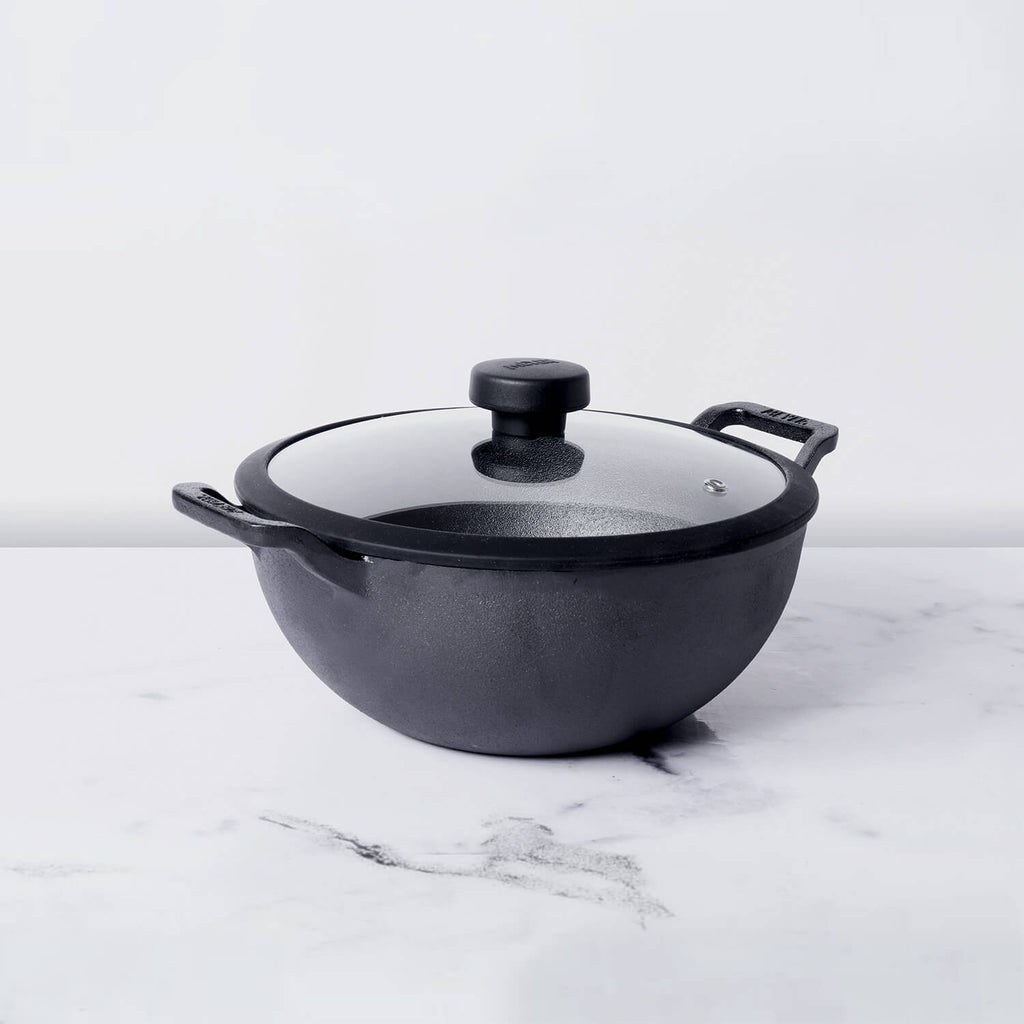Poppy seeds, also called Khus Khus, are a well-known Indian ingredient that are called different things in different parts of the country. Since they help people with diabetes, they are also used in a lot of recipes for people with diabetes. Even though they have a strange, nutty flavour, they are a great way to add a nice aroma to any dish.
Table of Contents
What are poppy seeds?
Papaver somniferum is the scientific name for poppy seeds. They are grown and sold in shops in many countries, especially in Central Europe. They are used as an ingredient in many dishes, both whole and ground. They are also pressed to get oil from the seeds.
Types of poppy seeds:
Blue poppy seeds are also called "European poppy seeds" because they are usually found in breads and sweets from the West.
White poppy seeds are also known as Indian poppy seeds or Asian poppy seeds, and they are a part of the food in those places.
Oriental poppy seeds: This plant, which is also called opium poppy, makes opium and is grown for money.
Other names of poppy seeds:
Poppy seeds are also known as 'khus khus' in Hindi, 'gasagasalu' in Telugu, 'kasa kasa' in Tamil, 'kas kas' in Malayalam', 'gasegase' in Kannada, 'posto' in Bengali, and 'khush khush' in Punjabi.
Nutritional value of poppy seeds:
Poppy seeds have about the same amount of calories as most nuts and seeds. A 2-tablespoon serving has just over 90 calories, which is about 5% of your daily "calorie budget" if you eat 2,000 calories a day. Most of these calories come from the 7 grams of fat in the seeds, which are mostly made up of healthy unsaturated fatty acids. But you'll also get 3 grams of protein per serving and 5 grams of carbohydrates, of which 3.5 grams are healthy fiber for your gut.
More Herb Seed Article:
1. Basil seeds
2. Fennel seeds
Health benefits of poppy seeds:
- High in vitamins, minerals, and antioxidants
Like other seeds, poppy seeds are full of fiber, different nutrients, and healthy plant fats. Also, these seeds have a lot of manganese, which is a trace element that helps bones stay healthy and blood clots. It helps the body use proteins, carbohydrates, and fats. Poppy seeds also have a lot of copper, which the body needs to make connective tissue and move iron around.
- Relieves pain
The poppy plant has opium alkaloids like codeine, thebaine, and a few others that are known to relieve pain, calm, and put people to sleep. Most of the time, these alkaloids are in the milky white latex of the poppy pod.
- Aids digestion
There is a lot of fibre in poppy seeds. Fiber improves gut health, which helps digestion, prevents constipation, and makes it easier for food to move through the alimentary canal.
- Keeps a number of illnesses at bay The antioxidants in poppy seeds help protect the body from cell damage and a number of illnesses.
- Helps the health of the heart and skin
The monounsaturated and polyunsaturated fats in poppy seed oil are good for the heart and skin. Research also shows that the fats in poppy seed oil may help wounds heal and stop scaly sores from forming if they are put directly on the wound.
- Helps with thyroid and diabetes
The zinc in poppy seeds is very important for the thyroid to work properly. Zinc is an important element that helps the thyroid glands work well. Poppy seeds should be an important part of a diabetic's diet. The manganese in the seeds can help people with diabetes.
- Good for mental health
Opium alkaloids, which are found in small amounts in dry poppy seeds, are good for the body. As a painkiller, these seeds help calm nerves that are making you angry. Poppy seed drinks can also lower the amount of cortisol in our bodies, which can help reduce feelings of stress and irritability.










Leave a comment